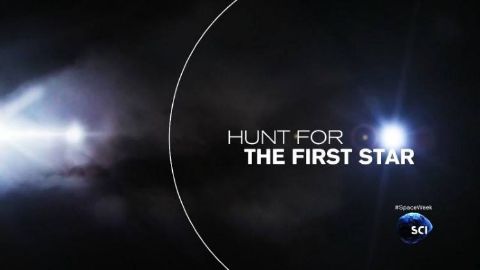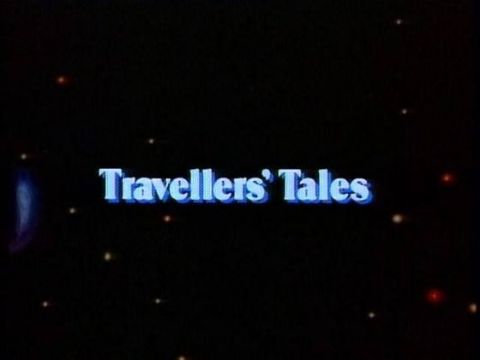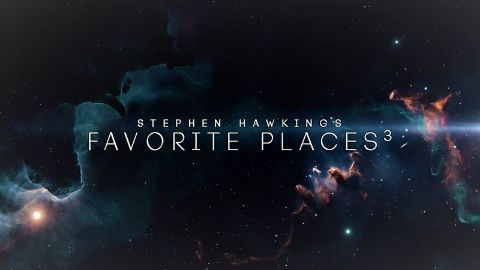You might also like
The hunt for aliens is on! After a distinguished career in cosmology Professor Martin Rees, the astronomer royal, has taken up the search for extra-terrestrials. Looking for aliens is no longer science fiction - it is a question that's engaging some of the greatest minds in science. As our knowledge of the universe has increased, we're getting closer to answers. Many scientists now think we live in galaxy with a billion Earth-like planets, many of which may be teeming with life. But what kind of life? Has anything evolved into beings we could communicate with? This film gets inside the minds of the scientists considering one of the most exciting and profound questions we can ask - are we alone in the universe? Professor Rees thinks we may have our idea of what an alien is like all wrong. If he's right, it's not organic extra-terrestrials we should look for, it's machines.
2016 • Astronomy
Before moving on from Jupiter to Saturn, we’re going to linger for a moment on Jupiter’s moons. There are 67 known moons, and 4 huge ones that we want to explore in greater detail. Ganymede is the largest - larger, in fact, than any other moon in the solar system and the planet Mercury! Callisto, orbiting the farthest out, is smaller but quite similar to Ganymede in many ways. Io, meanwhile, is most noteworthy for its tremendous volcanic activity. There’s also water on Ganymede and Europa!
17 • Crash Course Astronomy • Astronomy
When a team of scientists have launched a space probe to the heart of our solar system in brand-new mission to our Sun, it makes fresh discoveries reveal how it works; along the way, experts uncover a surprise find on Mercury.
S1E3 • Mysteries of our Universe: Our Solar System • 2019 • Astronomy
A spectacular journey to the birth of stars and matter a billion years after the big bang. Scientists look for evidence of an extraordinary phenomenon known as the Cosmic Dawn, a dramatic moment in the history of the universe when the very first stars were created.
2015 • Astronomy
The journeys of the Voyager probes is put in the context of the Netherlands in the seventeenth century, with a centuries-long tradition of sailing ship explorers, and its contemporary thinkers (such as Constantijn Huygens and his son Christian). Their discoveries are compared to the Voyager probes' discoveries among the Jovian and Saturn systems. In Cosmos Update, image processing reconstructs Voyager’s worlds and Voyager’s last portrait of the Solar System as it leaves is shown.
6/13 • Cosmos: A Personal Voyage • 1980 • Astronomy
Commander Stephen Hawking and his space ship the SS Hawking encounter an alien A.I., then race to the edge of the universe, and plunge into an alternate Earth. It's an epic quest to discover the secret of the universe: The Theory of Everything.
2018 • Astronomy





